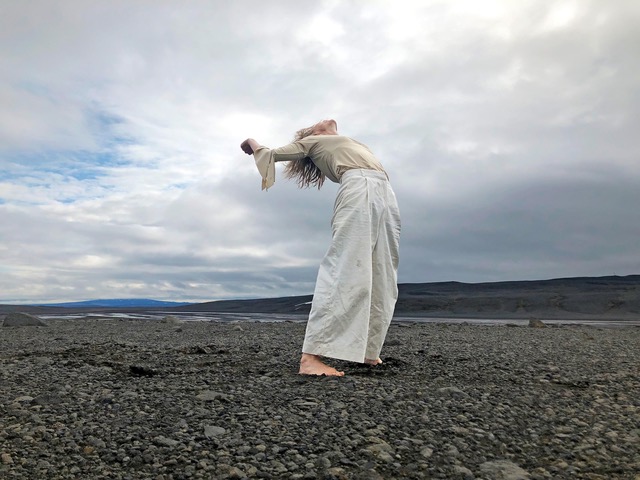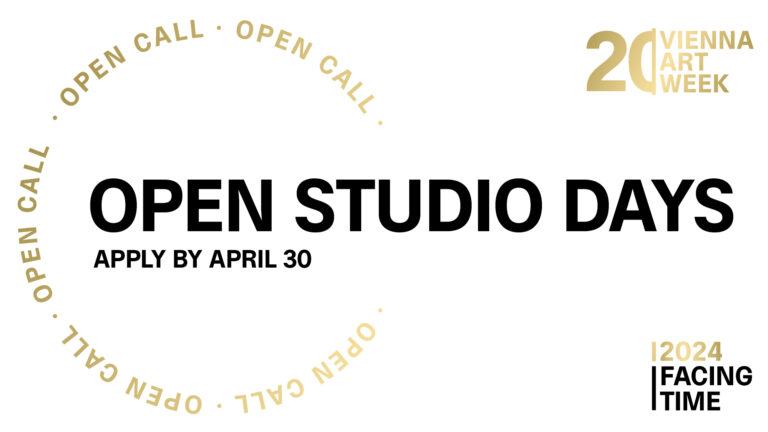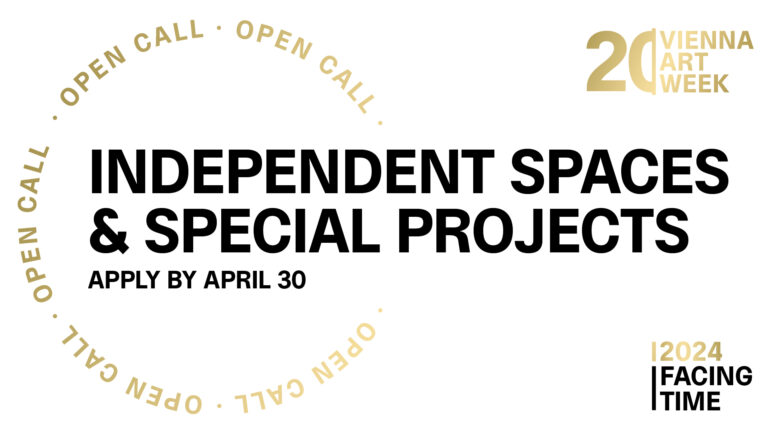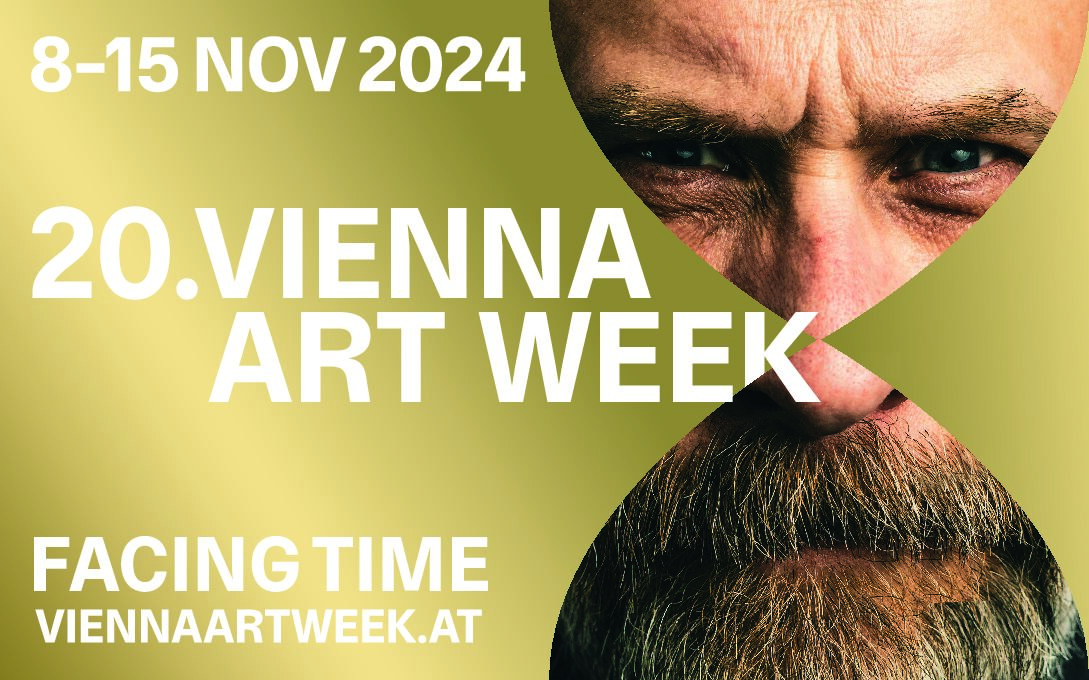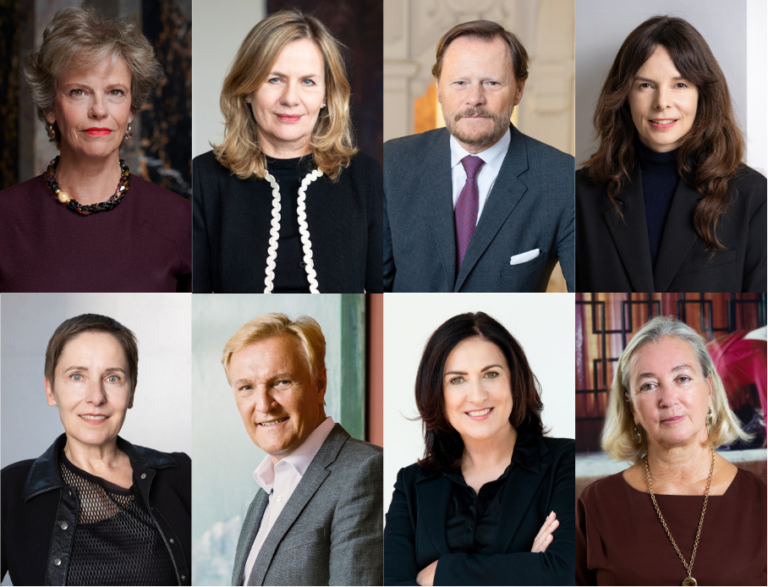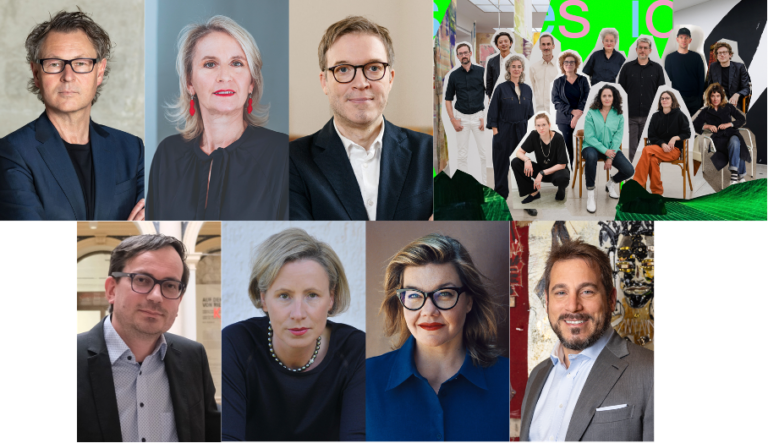How are Vienna‘s museum directors “FACING TIME”? Part 2

Behind the Vienna Art Week stands the supporting association “Art Cluster Vienna”. We asked our members how they are facing time in the arts and their institutions. Here are their answers…
General Director
Belvedere
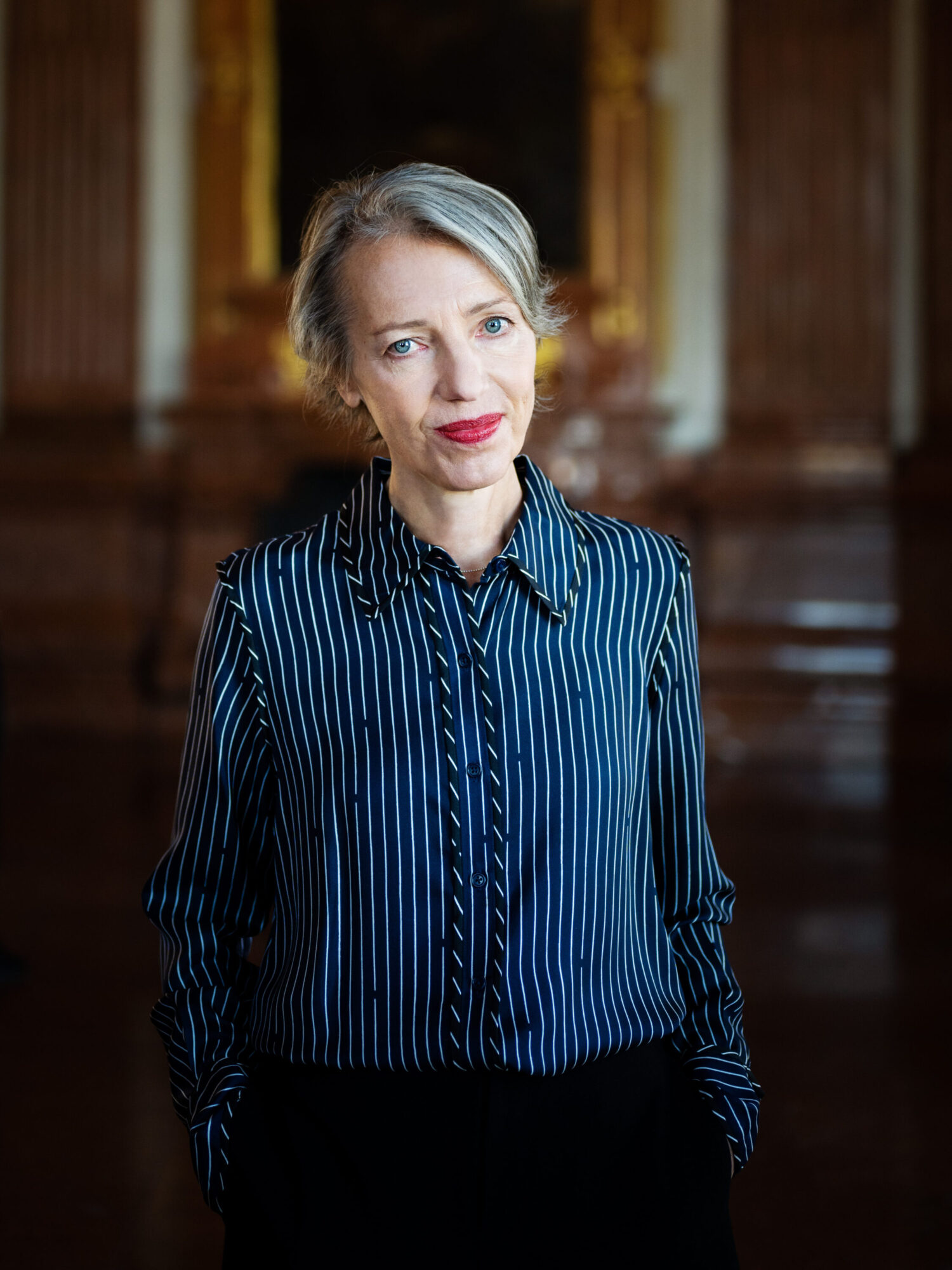
Foto: © Gianmaria Gava / Belvedere, Wien
Director
Architekturzentrum Wien

© Photo: Katharina Gossow
Architecture without an Expiry Date. The modern idea of the tabula rasa blends seamlessly into the neo-liberal logic of utility value. Speculative investments demand the new in as shorter intervals as possible — in the building sector this frequently means demolition and replacement with new buildings. This stands in contrast to a culture of conversion, adaptation and extension, of repairing and maintaining. Such an approach lengthens buildings’ lives while massively reducing carbon dioxide emissions and waste, and faceless investor architecture.
Managing Director
Wirtschaftsagentur Wien

Photo: Karin Hackl © Wirtschaftsagentur Wien
Personally, it is exciting to look back on the last 15 years of development in the Viennese creative industries. In 2009, in the midst of the global financial crisis, I took over the management of the Vienna Business Agency. The challenges we are facing today are no less daunting – perhaps even more so – than back then, so it remains clear that what we need are courageous efforts and initiatives. It is creative professionals that best cultivate this attitude, always looking towards the future. They prove that it is always the right time to try something new. Let’s face up to the times and continue taking bold steps forward.
Director Sigmund Freud Museum

© Martin Hörmandinger
Facing time means museum work, and vice versa: cultural assets, artistic products and their traces build a bridge to the past across the ages. At the birthplace of psychoanalysis in Vienna, they tell of Sigmund Freud’s work, the course of Austrian history and individual as well as collective experiences of loss shaping us to this day. Crossing this bridge also sharpens our view of the turmoil of our present and future.
Director Friedrich Kiesler Stiftung Wien
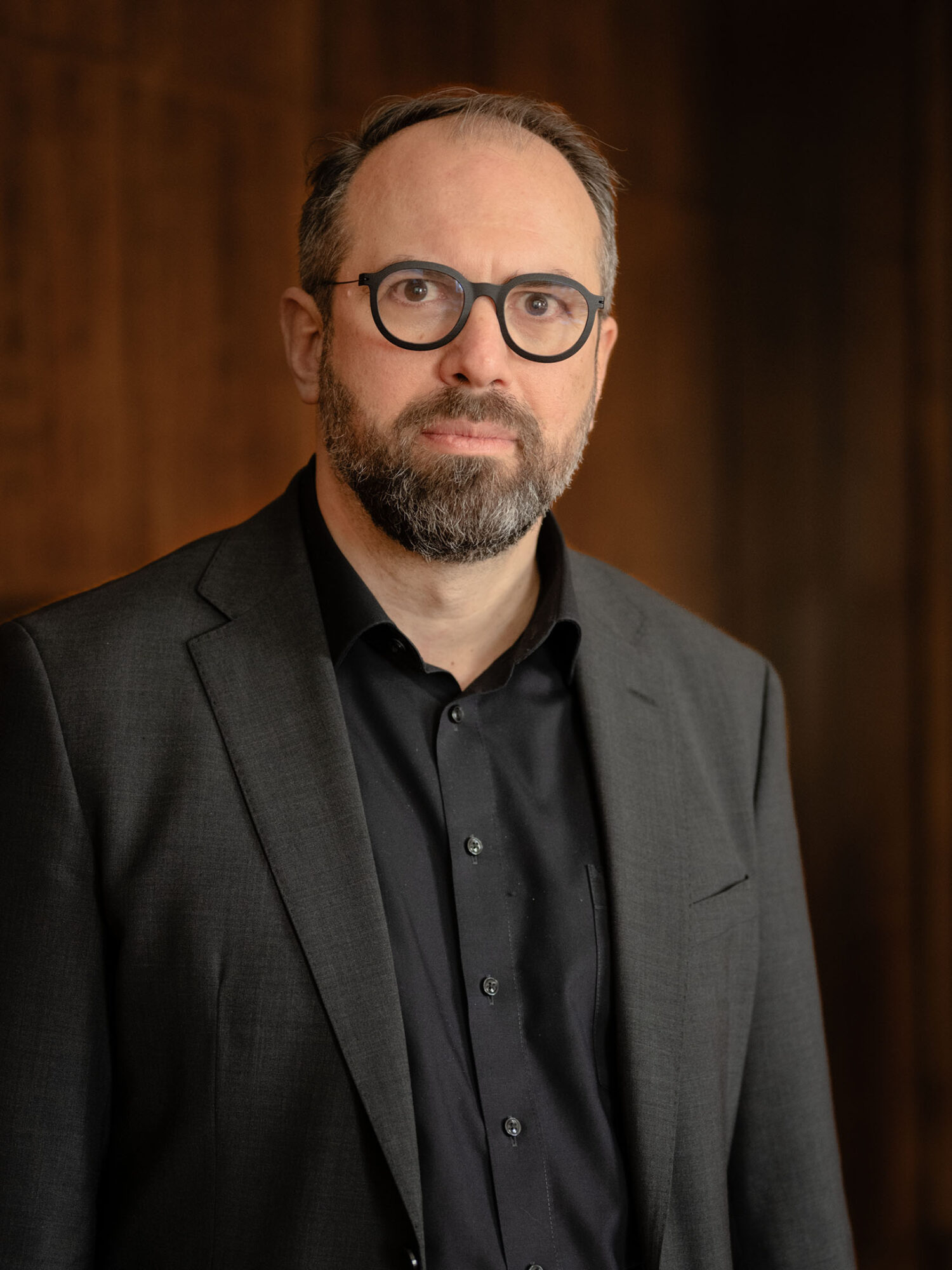
Foto: Michael Nagl © Österreichische Friedrich und Lillian Kiesler-Privatstiftung, Wien
Archives such as that of the Friedrich Kiesler Foundation seem to capture the essence of a changing society. The preserved documents reveal the resilience and constant transformation of artistic ideas and utopias across eras. By immersing ourselves in history, we deepen our understanding of the challenges, the successes but also of the failures. From the past, we trace the thread of time through the present and into the future…
Division Manager
KÖR – Kunst im öffentlichen Raum Wien
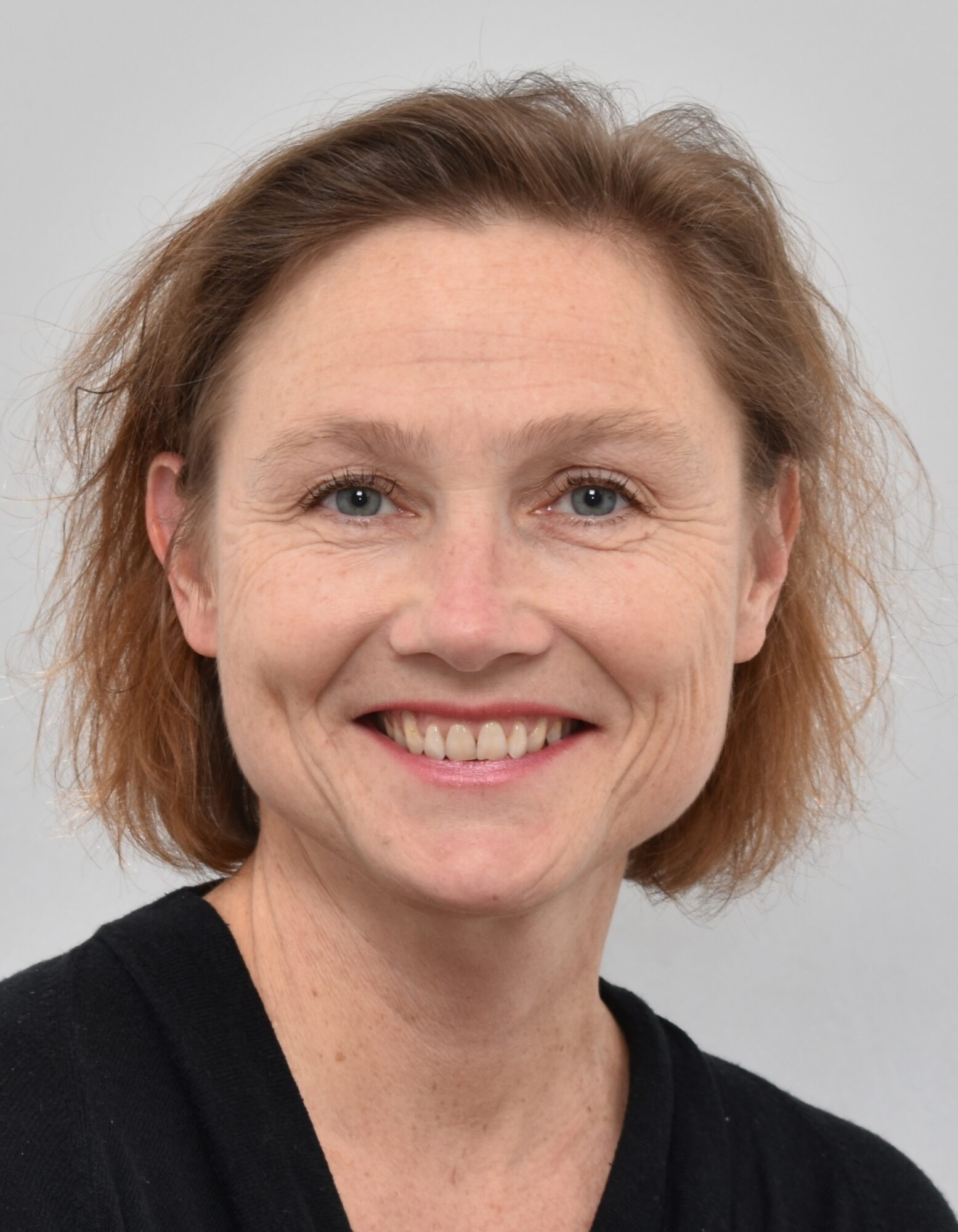
©Martina Taig
Time is a scarce commodity for many people. Especially in everyday life, it usually seems to have no or too little space – if it is not for the numerous time displays or clocks in public spaces. And this is where art in public spaces can come in with its projects and give people time to pause, reflect and communicate, or at least make an offer to do so.
Managing Director
Nitsch Foundation
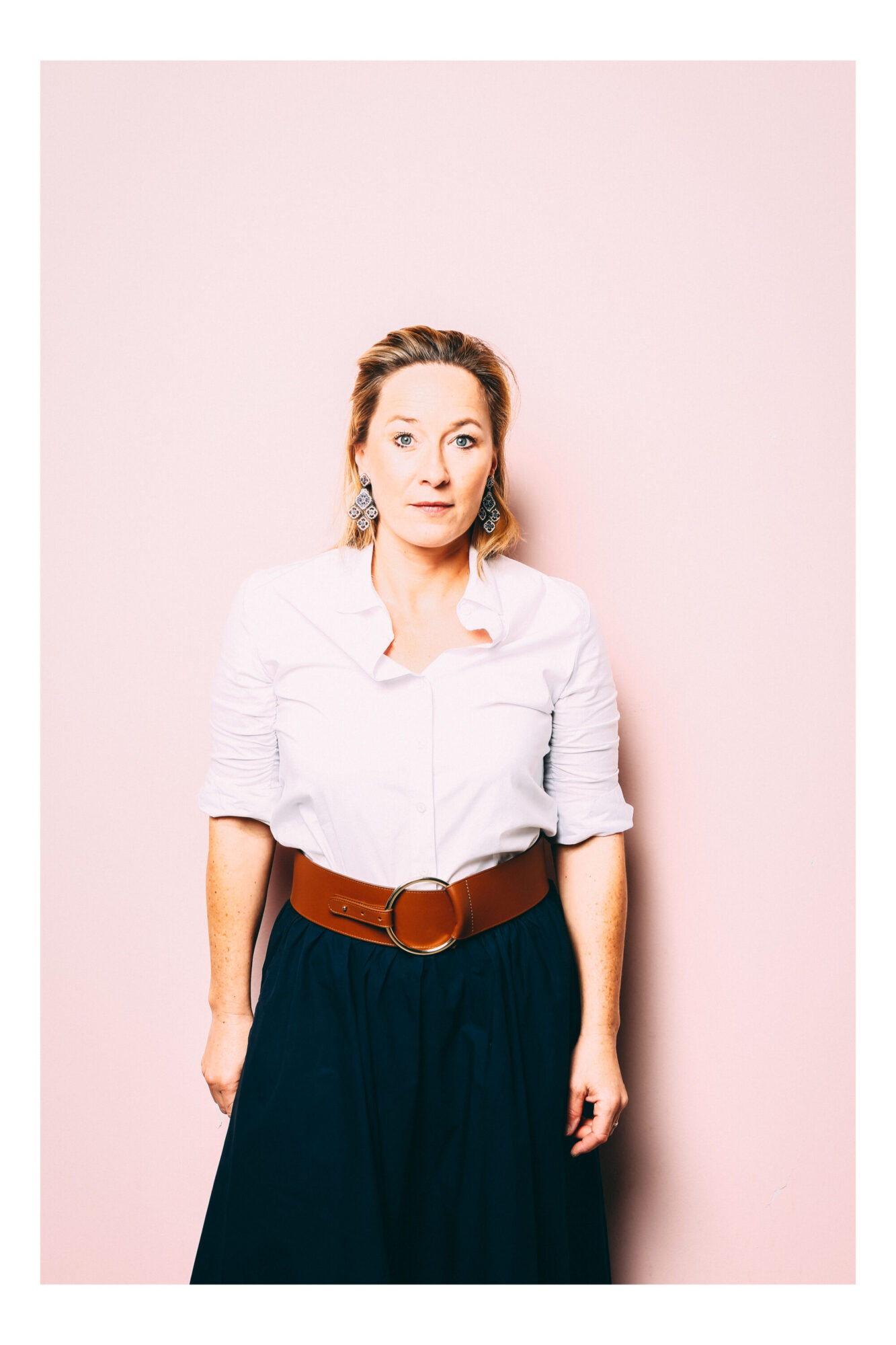
Photo: Nuno Filipe Oliveira
The role of art in the NITSCH FOUNDATION in terms of coping with time is multifaceted. Art enables us to deal with past events, such as the death of our artist Hermann Nitsch in 2022, and to reflect on his biography. At the same time, art can also serve to address current issues and problems and stimulate discussion, which is what we are aiming to do with the continuation of the Orgien Mysterien Theater in Prinzendorf in the coming year 2025. Through art, we can get to know different perspectives and explore new ways of thinking. It helps us to perceive time in different ways and to question our relationship to time. Art opens up spaces for reflection and enables us to deal with transience and change. Overall, art plays an important role in helping us to deal with and understand time.
